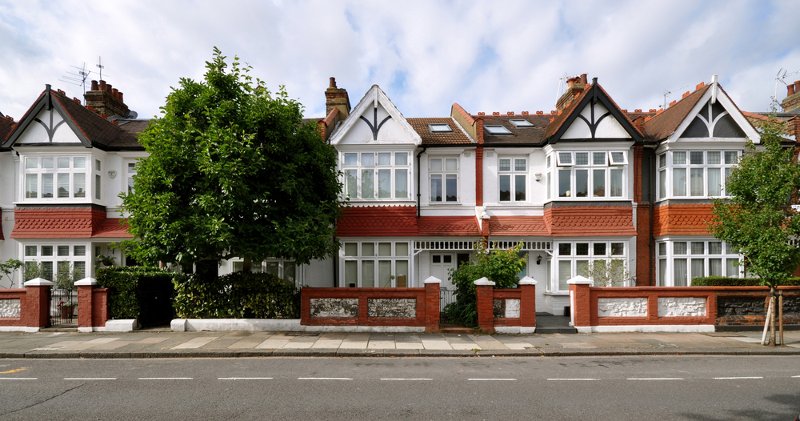More than four-fifths (81 %) of respondents in London thought the long term environmental and sustainable performance of a new home is important versus Sheffield (68 %) and Newcastle (75%).

The majority (78%) of people consider the environmentally sustainable performance of a building important when choosing a new home, BLP Insurance has found.
More than four-fifths (81 %) of respondents in London thought the long term environmental and sustainable performance of a new home is important versus Sheffield (68 %) and Newcastle (75%).
Kim Vernau, chief executive of BLP Insurance, said: “As people become increasingly concerned about environmental issues, demand for environmentally sustainable features for new homes will continue to grow.
“Initiatives such as theEnergy Efficient Mortgages Action Plan(EeMAP) will help finance an increase in sustainable homes by incentivising building owners to improve the energy efficiency of their properties or acquire already efficient buildings.
“It’s not just buyers but prospective tenants that are more alert to sustainability. With more detailed and transparent data now available to consumers at all levels, and new energy standards being implemented, landlords and developers will need to adapt, taking steps to improve the efficiency of properties in the market.”
When asked aboutenvironmentally sustainable features, almost a quarter ranked energy efficient heating and hot water systems as their top priority if they were choosing a new home, followed by double glazing and solar panels.
Environmentally friendly fittings were seen as the main advantage of buying a new build home over an older property.
The research also highlighted the slow uptake of smart meters with only 5% of respondents viewing this feature as important.
The popularity of the technology varied among different generations, with 10% of 16-24 year olds versus 2% of over 55s citing smart meters as a significant addition to their new home.
New Minimum Energy Efficiency Standards (MEES) introduced in April this year and coming into force in April 2019 have drawn even more attention to the energy efficiency of properties. Landlords could face penalties if they fail to achieve an Energy Performance Certificate (EPC) rating of at least an E.



